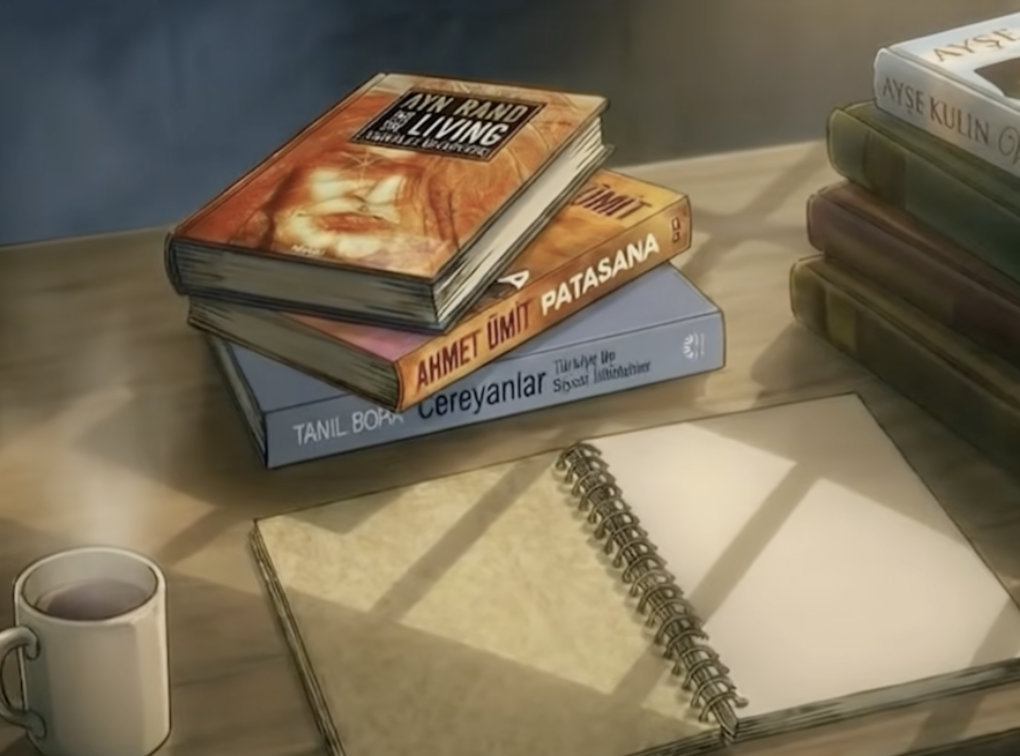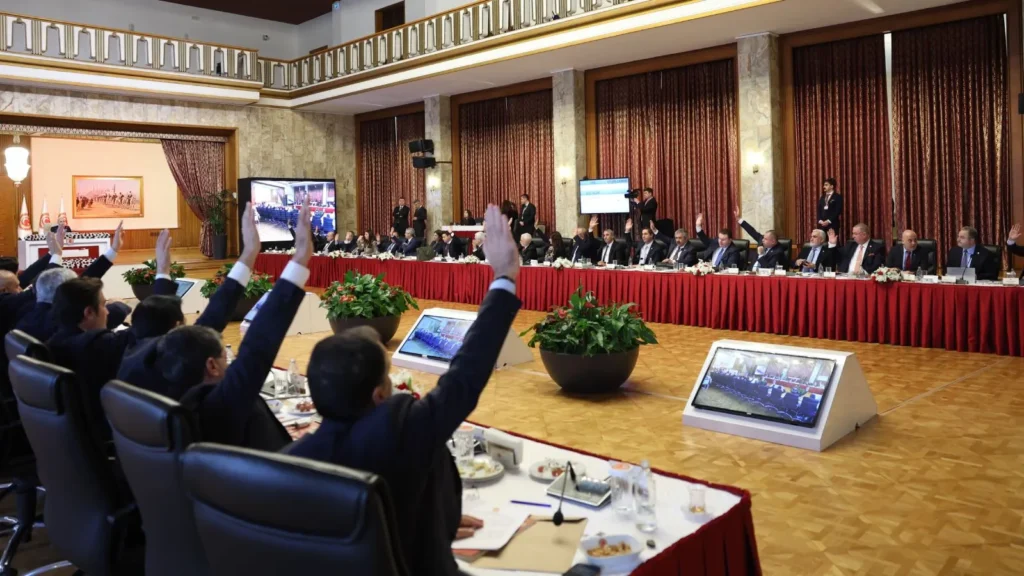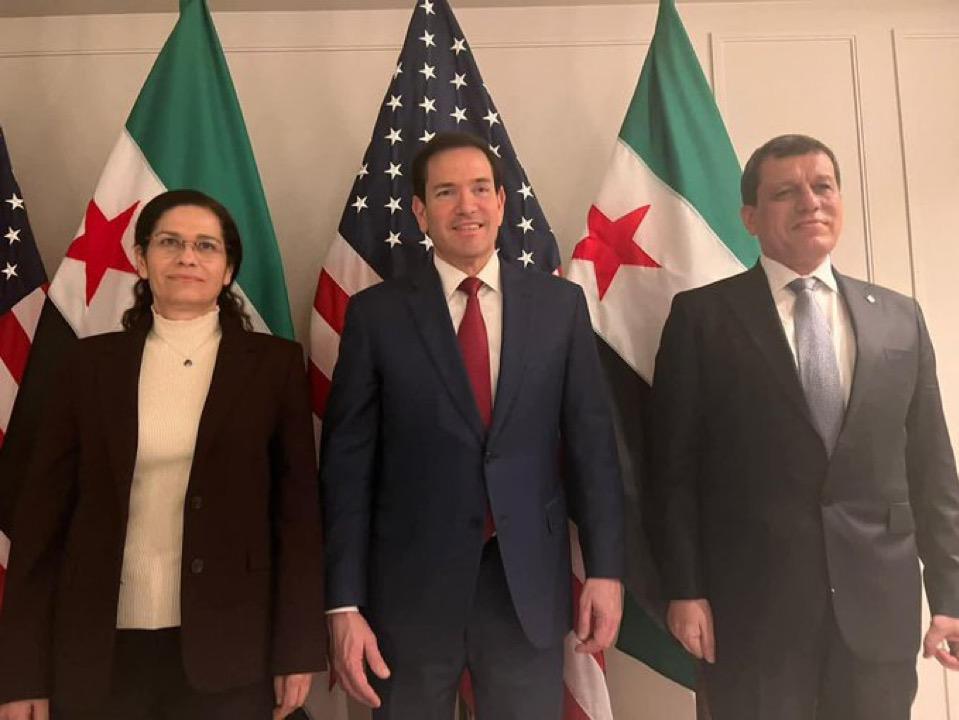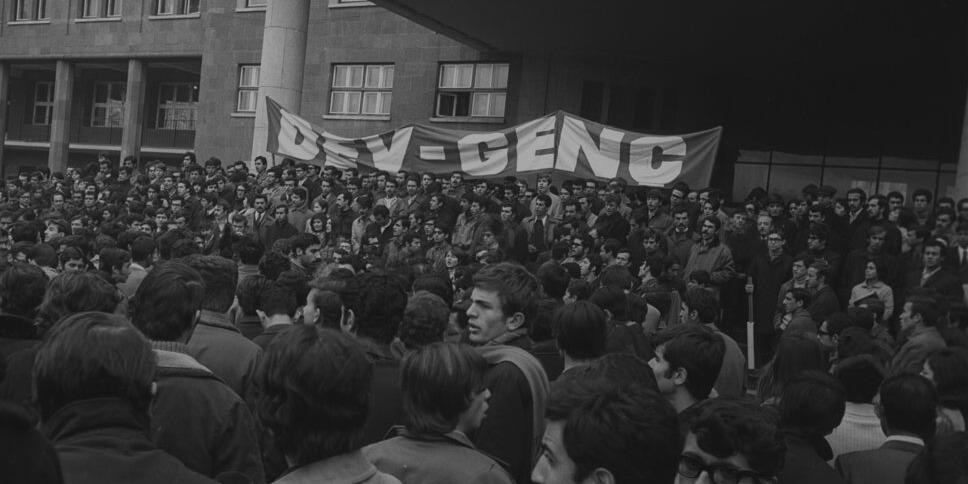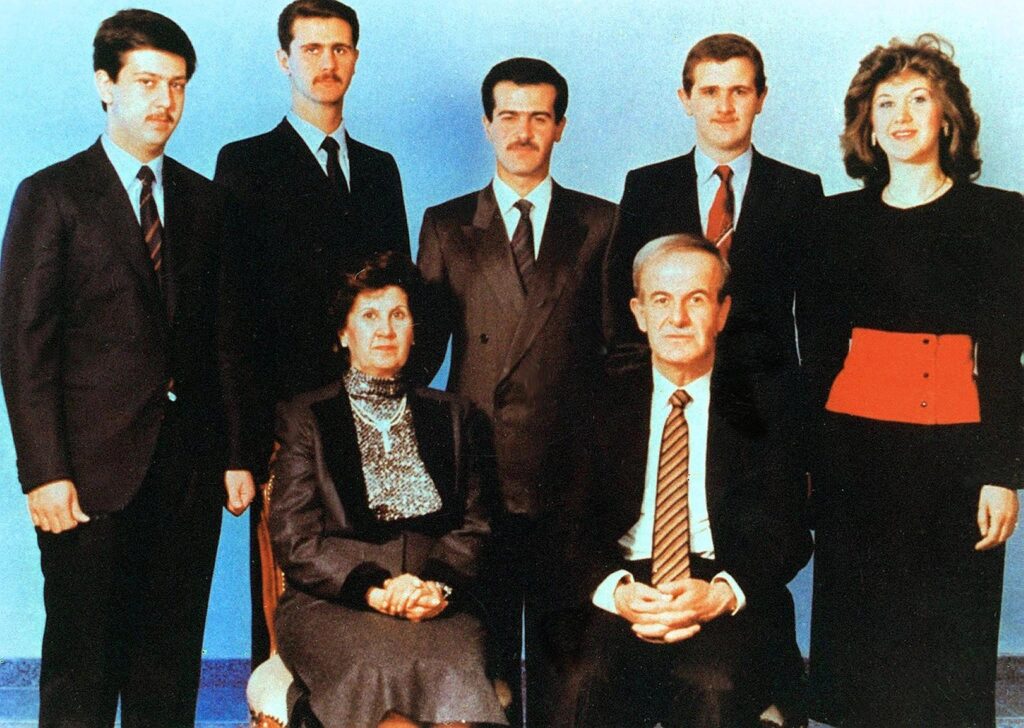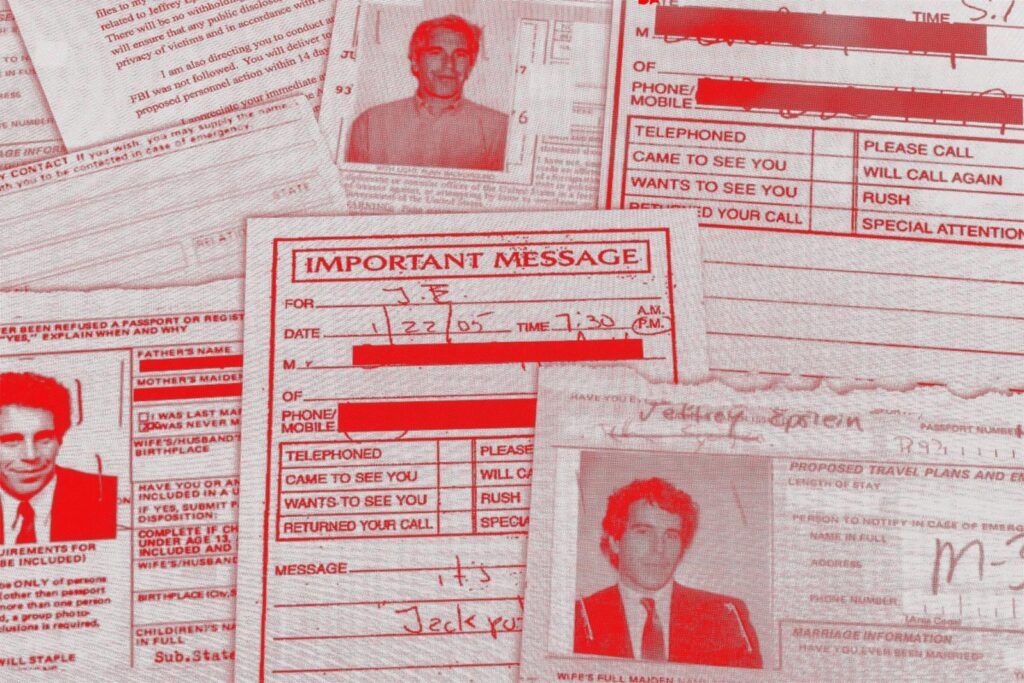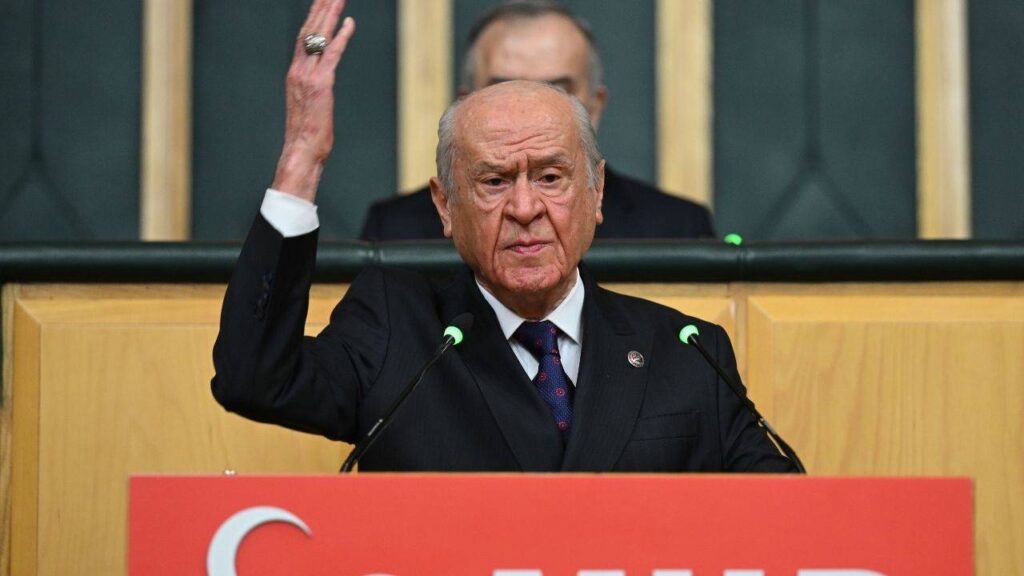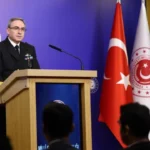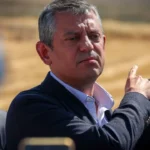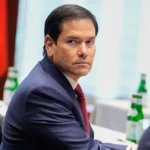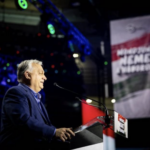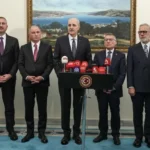Yıldıray Oğur
The Turkish original of this article was published as 'Seni başbakan yaptıracağız' on 21st June 2015.
“Tensions escalated when Tanju Özcan of the CHP demanded of the AKP: ‘To whose engine have you harnessed your carriage? The BDP or the terrorist organization?’ He also called the BDP ‘a tiny group.’ Both AKP and BDP members reacted strongly to all this, wih Pervin Buldan of the AKP yelling: ‘Watch it, don’t go too far.’ ‘I am not going to take any lecturing from those who engage in politics in the shadow of the terrorist organization or from three renegades,” Özcan went on. Whereupon Sırrı Süreyya Önder of the BDP tried to advance on Özcan in menacing fashion, shouting: ‘At most five feet tall, and you are presuming to call this party tiny, eh?’ Then between Önder and members of the CHP….”
In early 2013, as Turkey was moving toward a stage in the Solution Process, this is how new legislation allowing defendants to use Kurdish in court, was “heroically” resisted by the CHP Group in parliament.
In April, when the National Assembly moved to set up a committee for the Solution Process, not only the MHP but the CHP, too, refused to participate.
But for some reason, none of this was enough the CHP’s seemingly limitless credit with the HDP.
Before the 30th March 2014 local elections, the HDP’s then co-chairs Ertuğrul Kürkçü and Sebahat Tuncel visited Kılıçdaroğlu at the CHP headquarters to propose an electoral collaboration. Kılıçdaroğlu refused. In the melodramatically plaintive words used by Demirtaş at the time, “the CHP treated us as if we had the plague.”
But the HDP did not lose heart. They next tried to nominate Rıza Türmen of the CHP at the presidential elections. They ended up with yet another rejection from Türmen.
“If the CHP had been smart enough, we would have established people’s power in 2015,” Demirtaş went so far as to claim.
During the entire election campaign, the CHP made no mention of the Solution Process. In their campaign platform, they maintained that the question had to be solved not through negotiations with İmralı or the PKK, but on the basis of a parliamentary compromise to be reached by various parties.
This is where things begin to turn really weird.
As the chairman of a party that had seen its vote decline even in opposition, and had thereby ended up 16 percentage points behind the winner, Kılıçdaroğlu took center stage on election night with a victorious air.
At first nobody knew what to make of such happiness, though the secret behind it did not take long to emerge.
Eventually, Kılıçdaroğlu’s key move was, on the basis of his 132 chairs, to offer the prime ministry to Bahçeli, who has another 80 chairs. So, where are all the missing chairs going to come from?
Obviously the HDP.
Ever since 7th June, CHP spokespersons have been talking as if they have all HDP chairs in their pocket. The Gülen Congregation that is after a government without the AKP; pro-Gezi activists who have already set up their revolutionary tribunals; even leftist opinion leaders who are looking for some mysterious charm in the MHP’s pockets so that they can approve of its coming to power if only the AKP can thereby be excluded — all are counting the HDP as a bird in hand while trying for days on end to overcome the MHP’s reticence. And when they are unable to make any headway, they grow indignant, accusing it of betrayal.
Neither can this posture be regarded as wholly futile, for while the MHP has kept red-carding all HDP-inclusive formulas virtually every day, accompanied by some not so polite epithets, till now there has been not even any explicit statement from the HDP about joining a coalition together with the CHP and MHP or supporting it from the outside.
Well, perhaps we shouldn’t be unfair, for “For you to stand side by side with the HDP can only be an honor. Those who stand by our side may have something of our dignified, honorable stand rubbing off on them,” Demirtaş has proclaimed.
Though not even in this is there anything that can be construed as closing the door.
Hence it is that the CHP is actually able to negotiate not only in its own but also the HDP’s name, to the point of offering the prime ministry to the MHP.
And all this while not breathing a single word about the Solution Process in its 14-point coalition platform. As for the MHP, do we really need to remind ourselves that promising to “distinguish between the terrorist and the ordinary citizen” is about as far as it is willing to go?
In all his television appearances before the elections, virtually the only thing that Demirtaş did not do to reassure his audiences that they would absolutely refuse to enter into coalition with the AKP was to swear a solemn oath by placing his hand on a Kurdish Koran. After the elections, too, he has stood by this promise; in one of his first statements, he went so far as to tell the AKP “to have no fear, for we are not going to hang you but put you on trial.”
There can be no doubt that the 250,000 voters who put enough faith in Demirtaş’s repeated vows and promised to shift from the CHP to the HDP will be kept happy by all these subsequent declarations. But the 1,700,000 voters who moved from the AKP to the HDP might be hoping and expecting him to say other things.
Given that “with the HDP in hand” the CHP is sitting down to bargain with the MHP, or that even the HDP itself has not shut the door on prospects of a coalition with the MHP, it is also going to be difficult to persuade these former AKP voters that a possible AKP-MHP government would be a war cabinet.
Neither will they readily believe Demirtaş and the HDP when they argue that the best possible coalition is the AKP+CHP. Why not the AKP+HDP, for example, rather than the AKP+CHP? Especially when the AKP and the HDP have enough seats between them to even make a new constitution.
With regard to the constitution, the CHP insists that its article on citizenship should refer to “the Turkish nation” while the AKP favors a “citizen of the Republic of Turkey” formula. What motive, what reasoning is it that causes the HDP to prefer to stand alongside this CHP than that AKP?
How can it be that for the HDP, the AKP — which after all is the initiator of the Solution Process — becomes tolerable only in conjunction with the CHP? What CHP policy or promise is it that makes the HDP feel secure only if they happen to become a partner in government?
During a pre-election visit to an Alevite house of worship [cemevi], Ali Kenanoğlu, then given to introducing himself as an “Alevite candidate,” now an HDP deputy from Istanbul, had told a voter vacillating between the CHP and the HDP that “Kılıçdaroğlu could become PM only and only if the HDP were to beat the [10 percent] threshold.”
Could it be that Demirtaş’s “we are not going to make you president” slogan had a second part to it that ran as “Kılıçdaroğlu or Bahçeli, we are going to make you prime minister”?
To sum up: Why would a party leader sacrifice the solution to a question for which they have been fighting for forty years, and which has caused thousands of deaths; and why would he thereby also sacrifice the ihe interests of the Kurds whom he represents — for the sake of a political fight that he is not really a part of, and for the sake of the old actors of an ancien régime built on denying those Kurds’ existence?
These are strange questions indeed, capable of inviting all kinds of conspiracy theories.
But clearly, decoding these great games, filthy alliances and secret master-minds is not going to constitute an adequate response to the danger now confronting us.
This urgent danger is nothing less than having the once-in-a-century possibility of forging an alliance between Kurds and Turks destroyed right in front of our eyes.
Those who are trying to transmogrify the AKP — that same AKP that has been the first ever Turkish party to sit at the table to negotiate peace — into a satanic force capable of bombing opposition rallies, planting noise bombs in party offices, and inciting Kurds to murder each other, are not only trying to get the Kurds to change their position in order to improve their own chances of achieving power. They are also trying to destroy this first-ever chance that has arisen after long decades.
At the same time, you can rest assured that if there is any superior intellect, any higher wisdom behind this, those others who are now attempting to surf the waters of nationalism stirred by this counter-wave, and who are displaying some very old statist reflexes in the process, are enormously facilitating the work of that evil master-mind.
Strongly reminiscent of the old Turkey, banner headlines about how “the PYD is more dangerous than IS” or about “a CIA-PYD trick” can only help push the Kurds more emphatically over to the side of forces representing the old status quo in Turkey and in the entire region.
Neither are such angry fulminations realistic. Leave aside the utter barbarity of the IS, which has elicited even Al Qaeda’s revulsion. From the moment it suddenly appeared in March 2013 to breathe new life into the Esed régime, to the two bombs it planted in the HDP’s Diyarbakır rally to change the election outcome, what regional actor has presented a greater danger to the AKP than IS?
Now consider the PYD, which in unprincipled pursuit of its own organizational interests is capable of forging alliances with anybody and everybody, which does not have many moral scruples and tends to lie a lot, and which has no tolerance for even pro-Barzani Kurds, but at the same time comprised the people of that region, which is fighting for its own land, which rests on a genuine sociology of its own, whose head is an ITU graduate who speaks Turkish, and whose leader is at İmralı – is it this PYD that is supposed to be more dangerous than even IS?
Is any state-thinking that declares the PYD to be more dangerous than IS likely to be capable of stepping into the alliance networks created by the PYD and of turning them to its own advantage?
Most of our 900 kilometers-long frontier had never really been with Syria but always with the Kurds, and it is going to remain that way. You cannot keep quarrelling with this basic geography and demography, and still hope to get anywhere. If you insist on fighting this basic reality, you end up further eroding the emotional ties of Turkey’s Kurds with Turkey, and accelerating their shift from a pro-change and reform front to a pro-status quo front. Most of all you contribute to weakening the AKP’s hand.
Amongst all countries in the region, it is Turkey that has the closest economic, political and kinship ties with the Syrian Kurds. Their political movement has Turkey as its center. The HDP is the PYD’s fraternal party, and is represented by fully eighty deputies in parliament.
If, under these circumstances, there is a danger looming on the horizon, the best way to cope with it and to protect Turkish security is no to start a new fight with an organization that is barely able to stand on its own, but to provide it with help and assistance, and to try to change and influence it. Was the kind of state-thinking that throughout the 1990s tried to draw and maintain various red lines against “the Barzani menace” able to prevent Barzani from arriving at the doorstep of independence? Ultimately, wasn’t it through an alliance with Barzani that the state was able to achieve much greater gains?
A Turkish-Kurdish alliance is what everybody in this region needs, and not just until this Sunday or the next elections but from here to eternity. To repeat, just raging at the US, exposing a dirty alliance, or pointing to the master-mind behind it is not going to get us anywhere.
Turkey can no longer cut its way through the region’s tangle of intelligence and power games purely on a reactive basis. Insofar as possible, it has to construct clean alliances of its own and create an alternative higher wisdom.
In the short run, the AKP holds many trumps, ranging from inviting Salih Müslüm to Turkey, through enabling Öcalan to rejoin the political circuit, to using the Solution Process to put pressure on the HDP. Even in a possible AKP-MHP coalition, the sheer presence of the AKP at the table as a senior partner defending the Kurds and upholding the Solution Process is likely to have a calming and comforting effect.
For the purpose of making sure, in the medium and long run, that the gap between Kurds and Turks does not open any further, and in the short run, in order to be able to recapture its Kurdish votes from an HDP that is capable of considering a coalition even with the MHP and the CHP, the AKP has to distance itself from an old and obsolete discourse.
As the best possible riposte to those who claim that they are “not going to allow you to make peace.”
Yazıyı beğendiysen, patronumuz olur musun?
Evet, çok ciddi bir teklif bu. Patronumuz yok. Sahibimiz kar amacı gütmeyen bir dernek. Bizi okuyorsan, memnunsan ve devam etmesini istiyorsan, artık boş olan patron koltuğuna geçmen lazım.
Serbestiyet; Türkiye'nin gri alanı. Siyah ve beyazlar içinde bu gri alanı korumalıyız. Herkese bir gün gri alanlar lazım olur.




